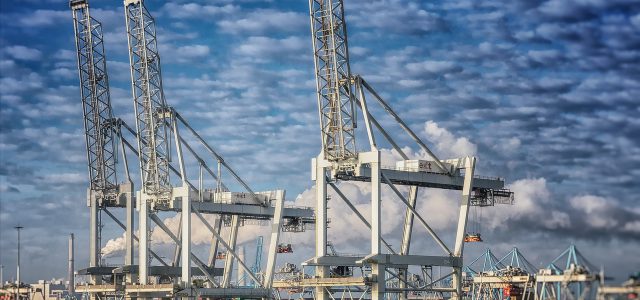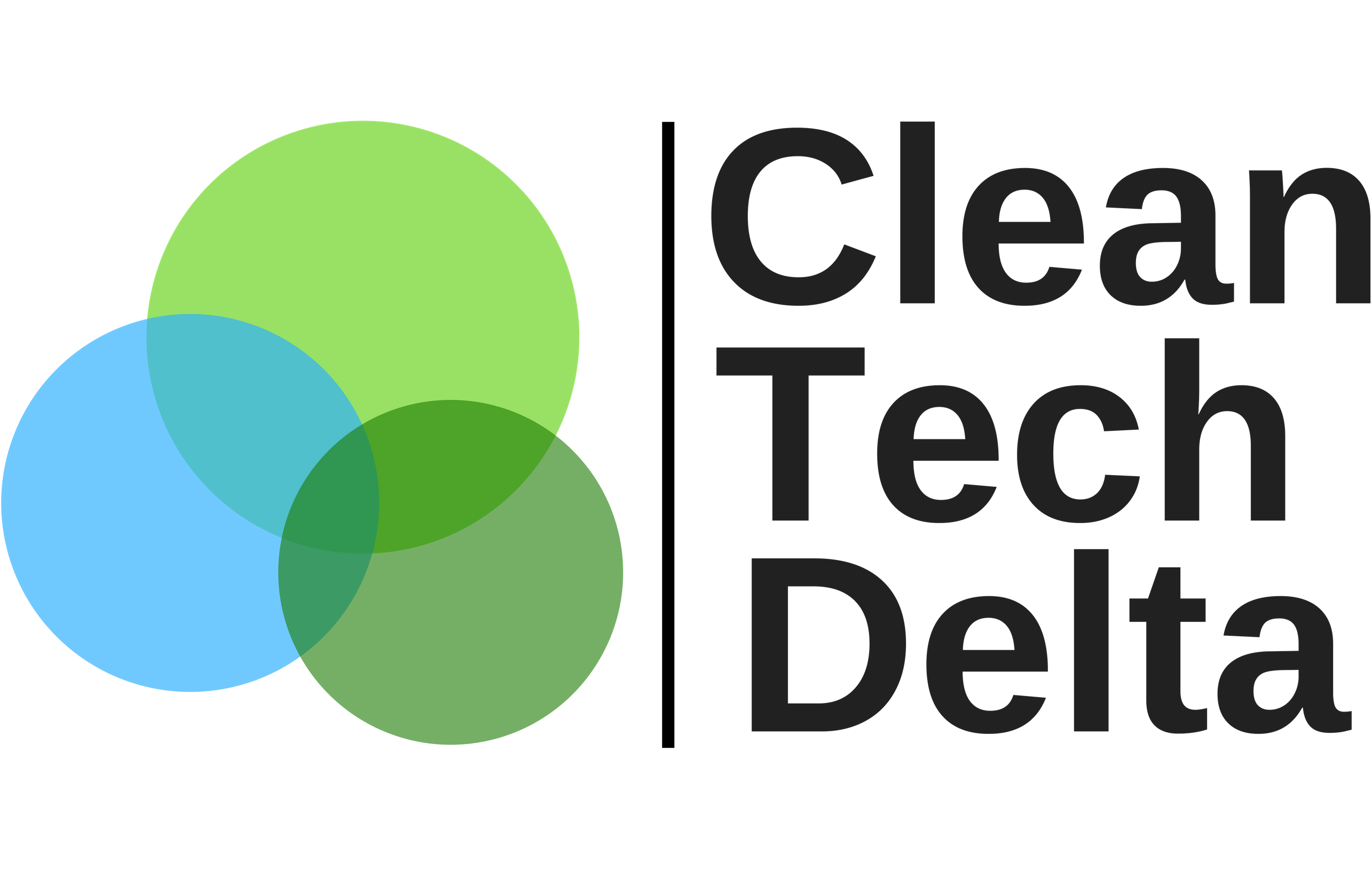
Together with the regional partners InnovationQuarter, Deltalinqs and Smart Port, Clean Tech Delta has taken the initiative to develop and execute a knowledge, innovation and acceleration program for CCU in South Holland.
The need for CCU
The port industrial complex faces an enormous climate and economic challenge to transition to a sustainable economy. The processing and energy industries are the major drivers of economic growth in the greater Rotterdam area but also the main drivers of greenhouse gas emissions.
Transitioning towards a fossil-free industry requires the investment in and deployment of carbon neutral technologies. Carbon capture utilization (CCU) technologies are essential for a transition towards a carbon neutral economy, ensuring for industrial processes to become reliable and sustainable.
CCU provides a solution to the major challenges of both the power and (petro-) chemical industries. While it helps to mitigate greenhouse gas emissions directly (carbon capture), CCU provides pathways to produce value-added products (utilization), substituting fossil-based carbon and generating a profit. In contrast to carbon capture sequestration (CCS) which aims at sequestering carbon permanently, the primary driver of CCU is to create a circular carbon economy.
1. Renewable energy system. CCU can contribute to a low-carbon energy system by improving the integration of fluctuating renewable energy sources through large-scale energy storage and providing pathways for fossil-free fuels production.
2. Fossil-free chemical industry. CCU provides fossil-free CO2-based production routes for base chemicals.
In 2017, Lux Research has analyzed the economic potential of CCU in the Rotterdam industrial cluster and concluded that most CCU applications based on reduction of CO2 are not yet economically viable and re-quire boundary conditions to off-set the higher costs associated with materials and chemicals produced by CCU. The study highlighted the alignment of the ecosystem in the Port of Rotterdam with boundary conditions necessary for CCU to become successful in the long-term.
A regional CCU Program
The program CCU Opportunities for South Holland aims to accelerate the development and realization of CCU to mitigate CO2 emissions and substitute fossil carbon as raw material and seize economic opportunities relevant to the petrochemical and energy cluster in Rotterdam, and in the broader context of South Holland.
Towards a zero waste and zero emission economy
The vision is to become the circular feedstock hub and sustainable energy port of Europe based on waste, biomass and CO2. In the interim, the program aims to establish South Holland as the real-life testing ground for CO2 valorisation.
The mission is to accelerate the development and deployment of CCU in South Holland to reduce and mitigate CO2 and to replace fossil-based feedstock thereby seizing the economic opportunities in the production of new CO2 based products.
Joint effort to accelerate the most promising CCU options
The program pursues the strategy to prioritize the most promising options and accelerate the priorities through scientific research & business development. This is done by building forth on expert knowledge and previous studies in the region and in joint effort with key regional stakeholders.
The options are assessed based on the most promising CCU routes and technologies globally as well as the regional fit building on the strengths of South Holland. The result is a funnel of opportunities to start projects and pilots. By growing a CCU innovation ecosystem and gaining a deep understanding of system conditions, South Holland will build a track record for (international) acknowledgment.
Global recognition as circular feedstock hub
The program will attract innovative technology providers and large-scale companies that partner for, invest in and establish CCU deployment. Eventually, collaborations lead to scaling up CCU technology from the pilot and demonstration phase in relevant industrial environments towards commercial operation.
What has happened so far?
In October 2019, the program organized a knowledge session to identify most promising CCU opportunities for South Holland. Various experts from renowned scientific institutions in the region provided input and feedback on the technology scope and regional fit for CCU opportunities in the region, the most promising CCU opportunities, and best practices and initiatives.
Based on the input from the knowledge session, the program has elaborated on specific CCU options and priorities for South Holland. In an industry session in April 2020, these priorities have been validated with large industrial players in South Holland and the different parties have explored opportunities for concrete CCU project proposals.
Stay tuned on the progress by signing up to our newsletter.
